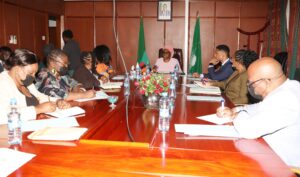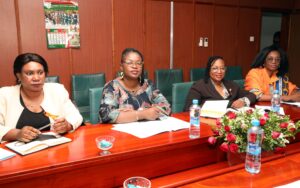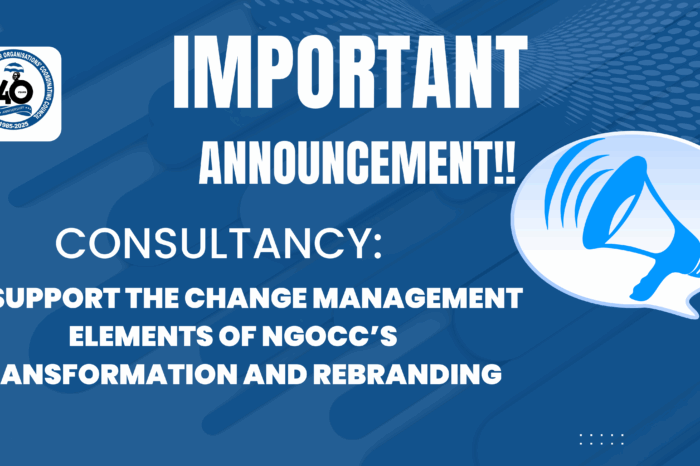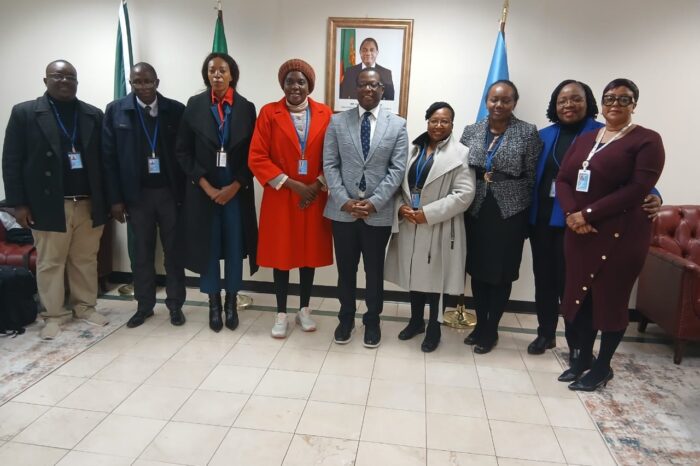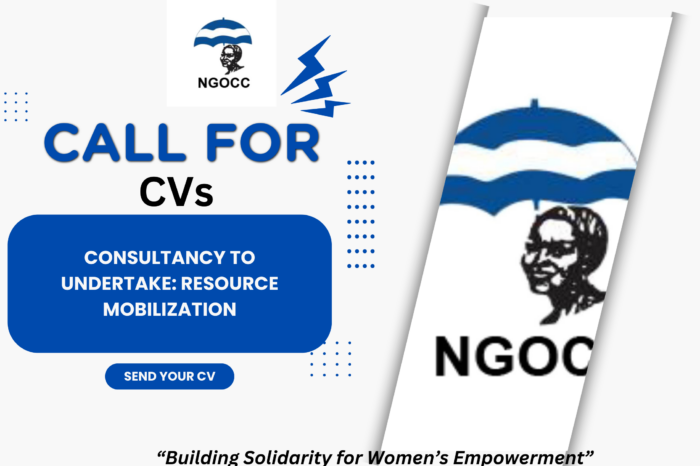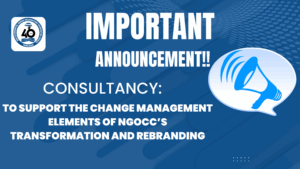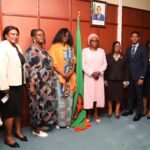NGOCC, VEEP Confer Over Drought Effects
Posted On July 10, 2024
0
138 Views
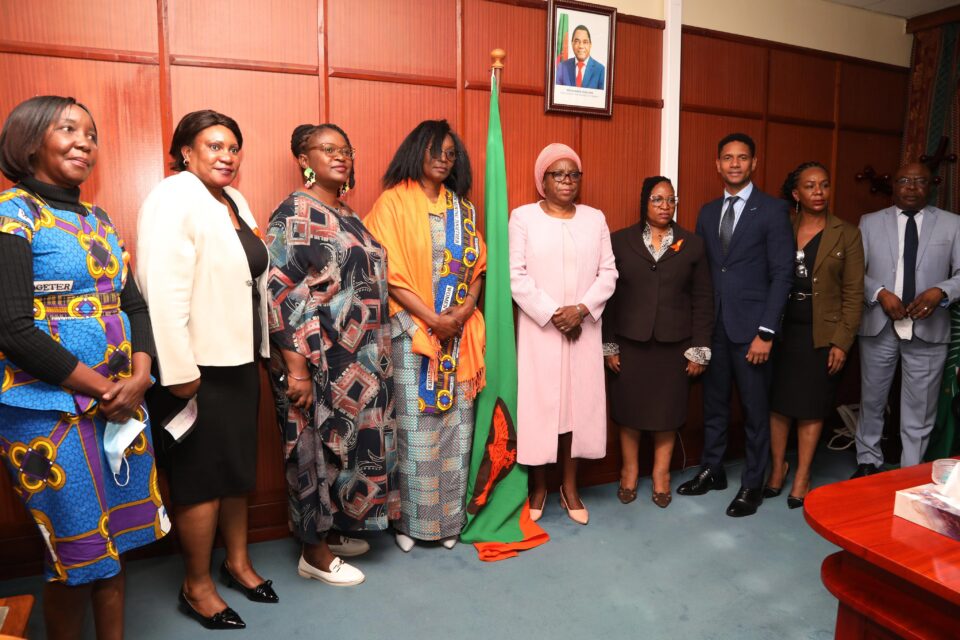
This afternoon NGOCC Chairperson, Ms. Grace Manyonga-Sinkamba, led a delegation to a meeting with the Republican Vice President her Honour, Mutale W. K Nalumango to discuss Governments rollout of the implementation of the Food Security Drought Response Plan (April 2024). The objective of the meeting was to form a feedback loop where NGOCC would ensure that its members across the ten provinces of Zambia are made aware of governments interventions that are available for their access to mitigate the negative impacts of drought on their livelihood and that the communities in turn provide information on how the response is working at grass roots level.
Since the declaration of the drought as a national disaster and emergency in Zambia, NGOCC has remained particularly concerned at the impact of the drought on vulnerable groups particularly women and girls and wants to the assistance is reaching the most vulnerable.
The Vice President noting that the drought was the worst in over 40 years underscored the importance of partnerships and stated that government intervention aimed at saving and sustaining life as well as building resilience for future preparedness for the citizenry. She also mentioned that out of the over 10 million people affected, the government particularly identified about 6.6 million people who were most vulnerable and would be targeted with assistance. These include pregnant and lactating women, children, persons with disabilities, female-headed households, the chronically ill, the hardest affected farmers, among other selection methods.
The NGOCC Chairperson implored the government to be holistic in their interventions to ensure they encompassed the social, economic, political and cultural contexts of women and other vulnerable groups in society. She also emphasized the need to harmonize the government’s interventions with the realities on the ground, citing as an example that while the use of charcoal was being discouraged, the alternatives that included solar and gas were inaccessible for most people due to costs.
The NGOCC Executive Director, Anne Mbewe-Anamela outlined some of the interventions NGOCC is using to build women and girls’ resilience to shocks such as droughts and pandemics. This includes diversification of income streams and the use of more energy efficient cooking and climate smart agriculture methods. NGOCC has also been distributing solar lights to schoolgirls to ensure that they have adequate lighting to study and improve their education outcomes. She further mentioned that the women’s movement was also encouraging women in various districts to join the District Disaster Management and Mitigation Unit (DMMU) Committees in order to contribute to the planning and monitoring of the Response Plan.
Edah Chimya, the Executive Director of Zambia Alliance of Women (ZAW) one of the member organisations of NGOCC appreciated the government’s approach to the intersectionality of the vulnerable groups, emphasizing that levels of vulnerability were different and hence it was appropriate to vary the responses. She also urged government to protect the indigenous seeds even as the country is targeting food security amidst the drought.
While Ireen Mukete Malama NGOCC’s Programmes Manager noted how even persons that had previously been very successful farmers might now need assistance as the drought had affected almost everybody.
